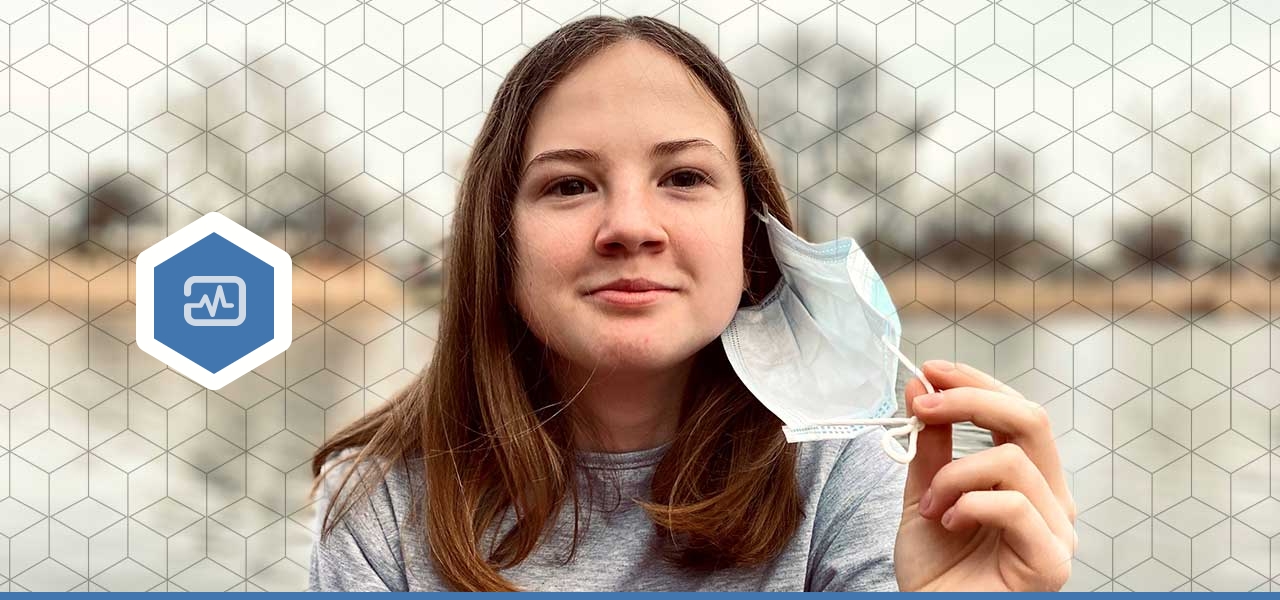
One of the many challenges facing humankind during the coronavirus pandemic is testing – or, more accurately, lack of it. As the Weizmann Institute of Science pivoted its resources – human and lab alike – to addressing coronavirus, developing accurate, scaled-up testing was one of its main areas of focus. In keeping with the philosophy embraced by the worldwide Weizmann family, Institute President Prof. Alon Chen says: “During this crisis, we are harnessing our capabilities in basic research and applying them to the benefit of humanity.”
Early in the outbreak, Institute leadership met with Prime Minister Benjamin Netanyahu, the National Security Council, public health services, and the Ministry of Health to discuss using the Institute’s sophisticated laboratories to perform coronavirus testing.
As shared in this brief video, scientists quickly adapted equipment at the Institute’s Nancy and Stephen Grand Israel National Center for Personalized Medicine, which operates a world-class research facility that has a number of advanced polymerase chain reaction (PCR) devices. PCR equipment performs super-efficient identification of genes and is so powerful that it can detect a single virus genome among more than 50,000 cells; thus, it allows fast, highly specific diagnosis of infectious diseases, including those caused by coronaviruses. The Institute hopes to conduct 4,000 tests per day.
On April 12, testing began at the Grand Center.
Current PCR tests, while effective, can be improved upon – which is why immunogenomics experts Prof. Ido Amit and Prof. Eran Elinav developed a faster, safer, automated, one-step procedure. Also based on PCR, but using the technology in a different manner, the new test can process tens of thousands of samples at a time – a tenfold increase of current capabilities.
As we have heard, healthcare workers across the spectrum are catching COVID while bravely doing their jobs; fortunately, because the new test can be conducted more quickly, the technicians processing the hazardous biological samples are better protected against infection, since they’re exposed for much less time.
Understanding the importance of this effort, scientists from across campus donated their PCR machines and other equipment to Profs. Amit and Elinav, enabling them to set up their lab in less than one week. Prof. Amit describes it as one of the most advanced labs in the world.
This game-changing robotics technology is being calibrated right now in the hopes that it will soon be available for screening the entire Israeli public – and, in time, anyone in the world. The scientists describe the project in this video.
These advances in COVID testing are just some of the hope-giving, even lifesaving, efforts underway at Weizmann to fight coronavirus on a number of fronts. And now, Weizmann needs you. Please join our fearless scientists – the women and men on the front lines of the pandemic – and support their research today.
